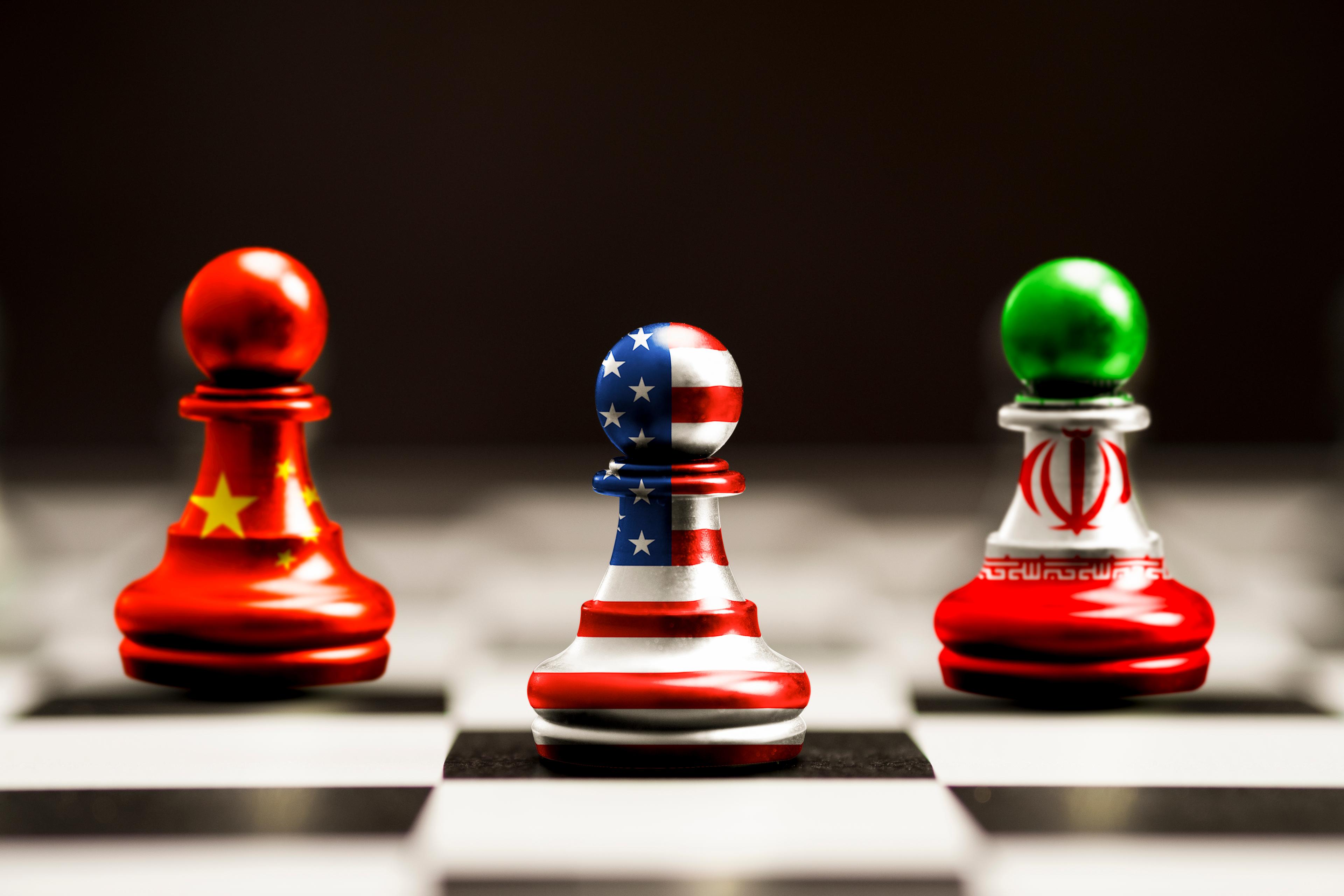Deadly cargo heads East
Financial Times: Iranian Ships to transport massive shipment of missile components from China
China begins loading missile fuel onto Iranian Warships in secret harbor. The thousand-ton shipment could power Iran's entire rocket arsenal for years to come.

Two Iranian cargo ships are set to deliver a massive shipment of missile propellant chemicals from China, according to Western intelligence officials who spoke to the Financial Times. The shipments could significantly boost Iran's missile production capabilities amid rising regional tensions.
The Iranian-flagged vessels Golbon and Jairan will transport over 1,000 tonnes of sodium perchlorate, a crucial chemical used in producing solid-fuel rocket propellant. Intelligence sources from two Western nations report that the Golbon has already departed from China's Daishan island on Tuesday, carrying 34 twenty-foot containers of the chemical. Its sister ship, the Jairan, is scheduled to depart in early February with an additional 22 containers.
According to the intelligence officials, the chemical cargo could yield approximately 960 tonnes of ammonium perchlorate, which constitutes 70 percent of the propellant used in solid-fuel missiles. This quantity could produce 1,300 tonnes of propellant—enough to power 260 medium-range Iranian missiles, including the Kheibar Shekan and Haj Qassem systems.
The shipments are reportedly destined for Iran's Islamic Revolutionary Guard Corps (IRGC). Both vessels, owned by Iranian entities, are expected to make a direct three-week journey to Bandar Abbas, a southern Iranian port on the Persian Gulf, without any intermediate stops. The chemicals were loaded at Taicang port, located just north of Shanghai.
Maritime tracking data confirms the Golbon's presence off Daishan island before its Tuesday departure. The Jairan was last tracked approximately 75 kilometers south of Daishan, near China's Ningbo coast in Zhejiang province.
The chemical being transported, ammonium perchlorate, is internationally controlled under the Missile Technology Export Control Regime, a multinational anti-proliferation agreement. When asked about the shipments, Chinese officials stated they were "not familiar" with the situation, emphasizing Beijing's commitment to Middle East stability and diplomatic solutions to the Iranian nuclear issue. Iranian authorities declined to comment on the matter.
Former CIA China analyst Dennis Wilder noted that these shipments continue a pattern of Chinese military support to Iran dating back to 1979. The relationship has included previous transfers of missile technology, expertise, and training since the early 1990s. Wilder suggested that China's current motivations might include supporting Iran's missile production for potential use in the Ukrainian conflict and securing continued access to discounted Iranian oil supplies.
Financial Times contributed to this article.